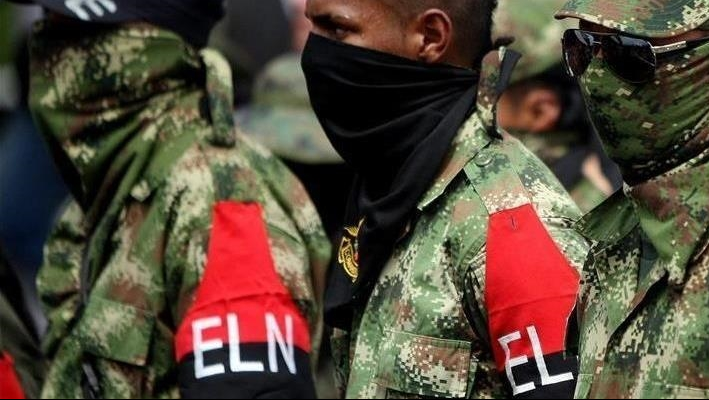
Colombia’s government agreed Tuesday to extend a cease-fire with the National Liberation Army (ELN), the nation’s largest remaining armed rebel group, for six months.
“There is already an agreement. Now the government needs to issue the decree so they (ELN) can give the order for a cease-fire,” said the High Commissioner for Peace, Otty Patino, speaking from the Colombian Pacific, where President Gustavo Petro’s Cabinet moved to work this week.
The agreement represents an extension of the cease-fire signed between the government and the guerrilla group on Aug. 3 last year.
The first six months of the cease-fire have resulted in a notable reduction in violence between the parties.
After more than a year of talks that have taken place in Cuba, Venezuela and Mexico, the Colombian government and guerrilla delegations began the sixth cycle of peace talks this week in Havana. Last week, Petro nominated Vatican City as the venue for a next round of peace talks with the ELN after meeting with Pope Francis in Rome.
The talks have suffered other setbacks, including Petro’s Dec. 31 announcement about a six-month cease-fire with the ELN, which the guerrilla group denied three days later.
The agreement is part of Petro’s “total peace” policy, an attempt to demobilize all of the country’s remaining rebel groups to resolve a conflict dating back to the 1960s.